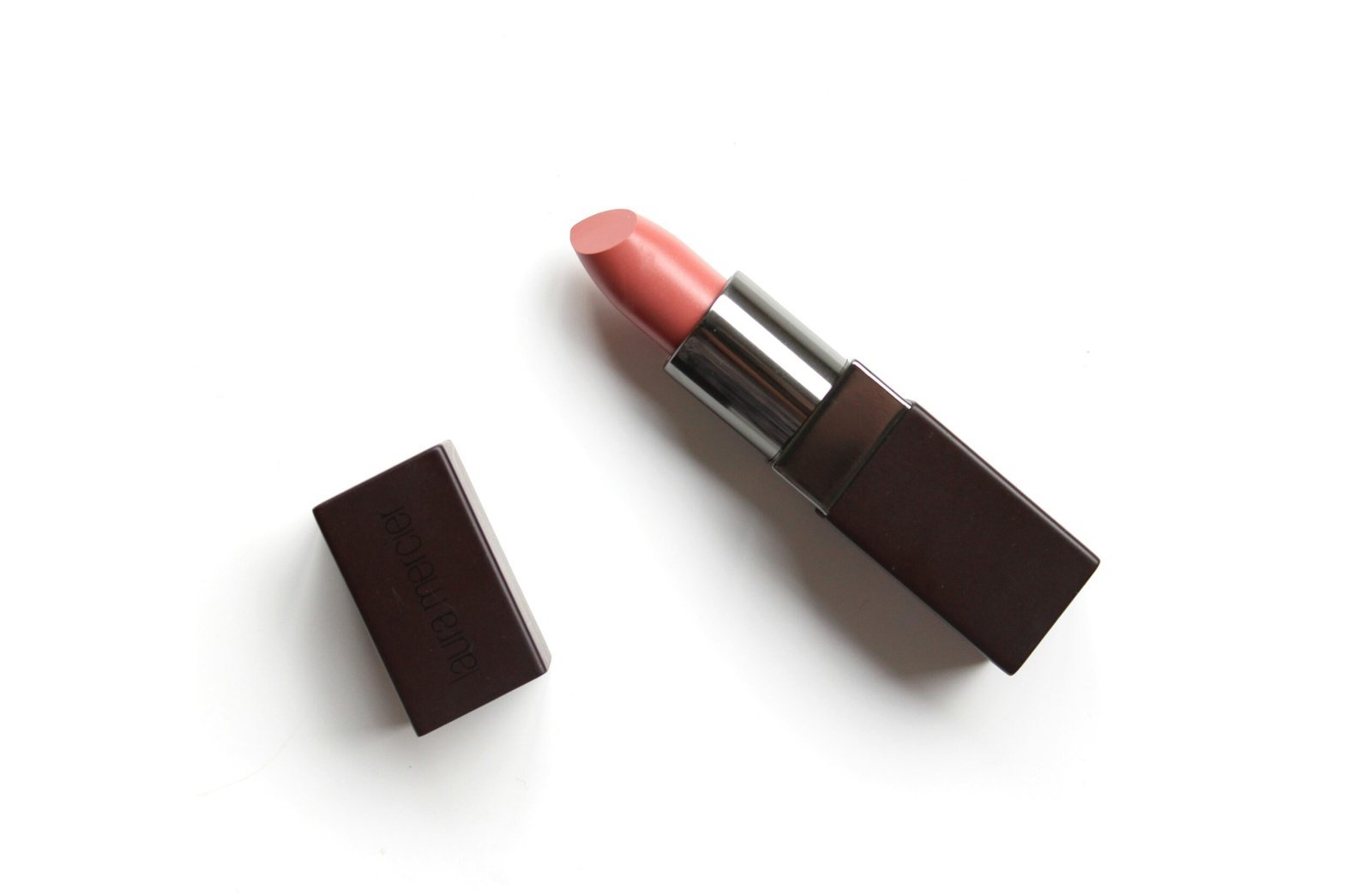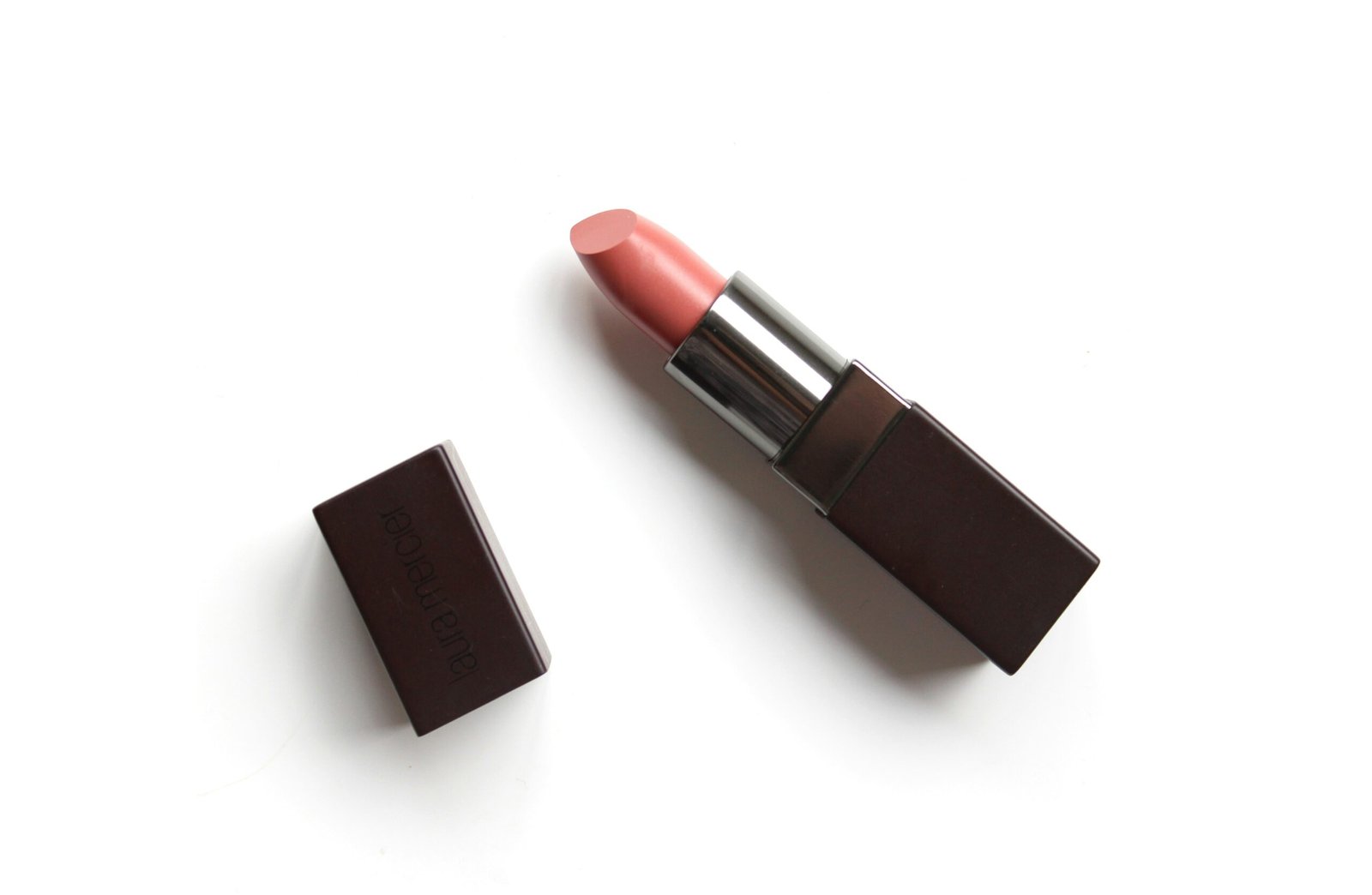
The Evolution of Lipstick: A Journey Through Natural History
Lipstick has been a staple in the beauty routines of men and women for centuries. Its vibrant colors and ability to enhance the lips have made it a timeless cosmetic product. But have you ever wondered about the natural history of lipstick? How did it evolve from its humble beginnings to the diverse range of shades and formulas we see today? Let’s take a journey through time to explore the fascinating story of lipstick.
The Origins of Lipstick
The use of lip color can be traced back thousands of years to ancient civilizations. The Egyptians were among the first to use lipstick, with both men and women applying a mixture of crushed gemstones and insects to their lips. This early form of lipstick not only provided color but also had a symbolic significance, representing social status and power.
In ancient Greece and Rome, lipstick took on a different form. Women would stain their lips with a mixture of red pigment and wax, derived from berries and plants. The vibrant red color was seen as a sign of health and vitality.
The Middle Ages and Renaissance
During the Middle Ages, lipstick fell out of favor, as the Church deemed it sinful and associated it with witchcraft. Pale skin became the ideal beauty standard, and women would use lemons to bleach their lips. It wasn’t until the Renaissance period that lipstick made a comeback.
Queen Elizabeth I of England was known for her love of lipstick. She would apply a mixture of beeswax and red pigment to achieve a deep red color. Lipstick became a symbol of wealth and royalty during this time, with women using various natural ingredients to create their own lip color.
The Industrial Revolution and Modern Lipstick
The 19th century brought significant advancements in the production of cosmetics, including lipstick. The Industrial Revolution allowed for the mass production of beauty products, making lipstick more accessible to the general public.
In the early 20th century, lipstick took on a new form with the invention of the metal tube container. This innovation made it easier to apply and carry lipstick, leading to its widespread popularity. The introduction of new synthetic dyes also expanded the range of available colors, allowing for more experimentation and self-expression.
Lipstick in the 21st Century
Today, lipstick has become a multi-billion dollar industry, with countless brands and shades to choose from. The natural history of lipstick has evolved to include a wide range of formulas, including matte, satin, and gloss finishes.
With advancements in technology and a growing emphasis on sustainability, natural and organic lipsticks have gained popularity. These lipsticks are made from plant-based ingredients and avoid harmful chemicals, offering a more eco-friendly option for beauty enthusiasts.
The Impact of Lipstick
Throughout history, lipstick has played a significant role in shaping beauty standards and self-expression. It has been used to enhance natural beauty, symbolize social status, and make bold statements. Lipstick has the power to boost confidence and transform a look, making it a beloved cosmetic product for people of all genders.
Furthermore, lipstick has been associated with empowerment and activism. From the suffragettes wearing red lipstick as a symbol of rebellion to the modern-day campaigns supporting various causes, lipstick has been used as a tool for self-expression and making a statement.
In Conclusion
The natural history of lipstick is a testament to the enduring power of cosmetics in our society. From its ancient origins to the modern-day formulations, lipstick has evolved and adapted to the changing beauty standards and cultural preferences.
Whether you prefer a classic red shade or a trendy nude, lipstick continues to be a beloved beauty staple. So the next time you swipe on your favorite lip color, remember the rich history behind this simple yet transformative cosmetic product.


